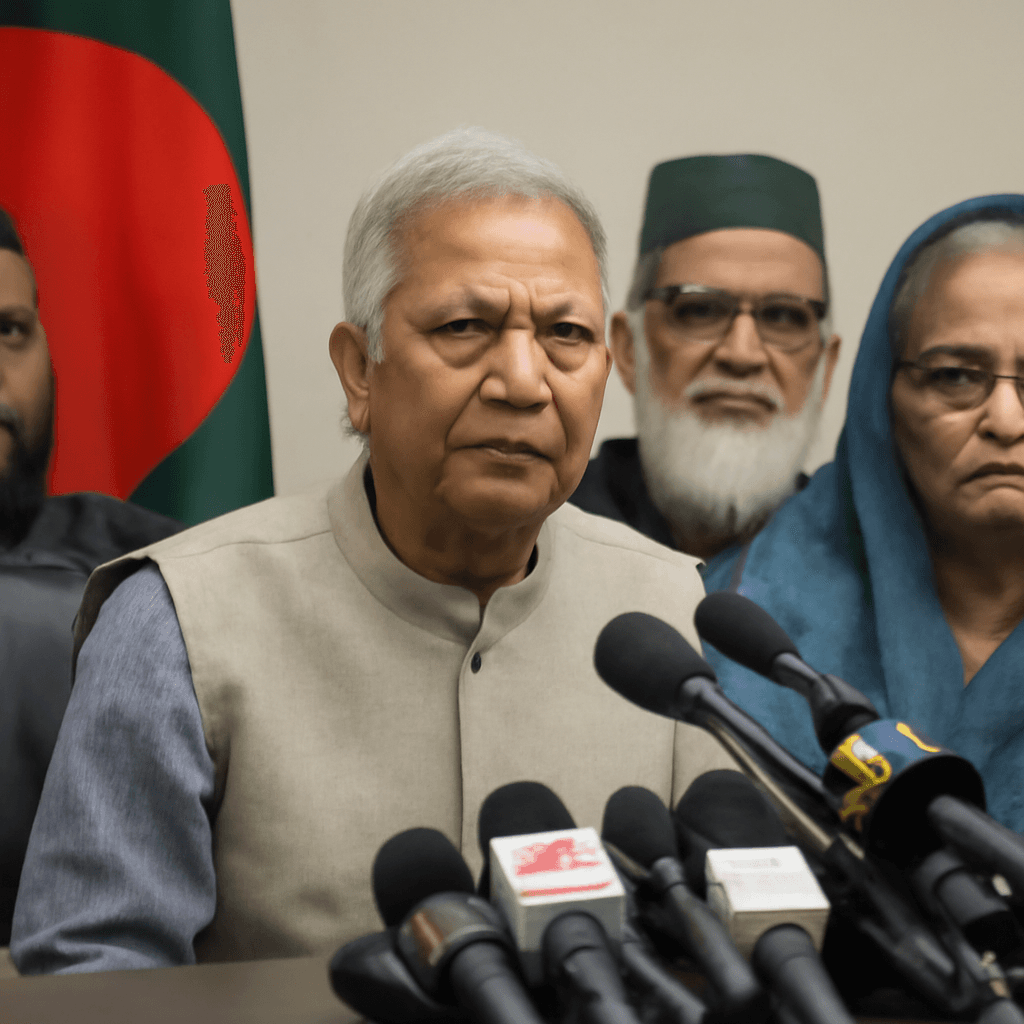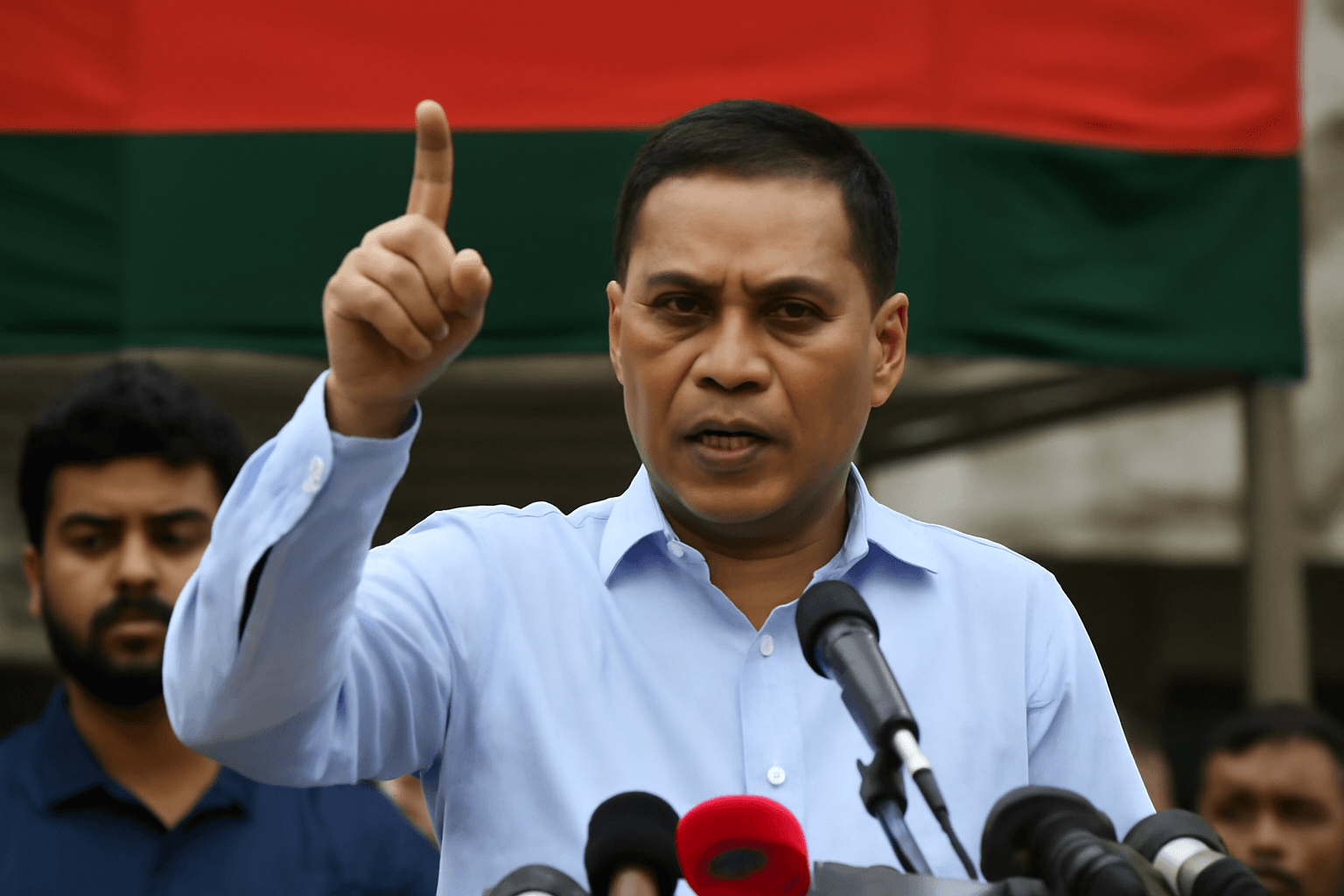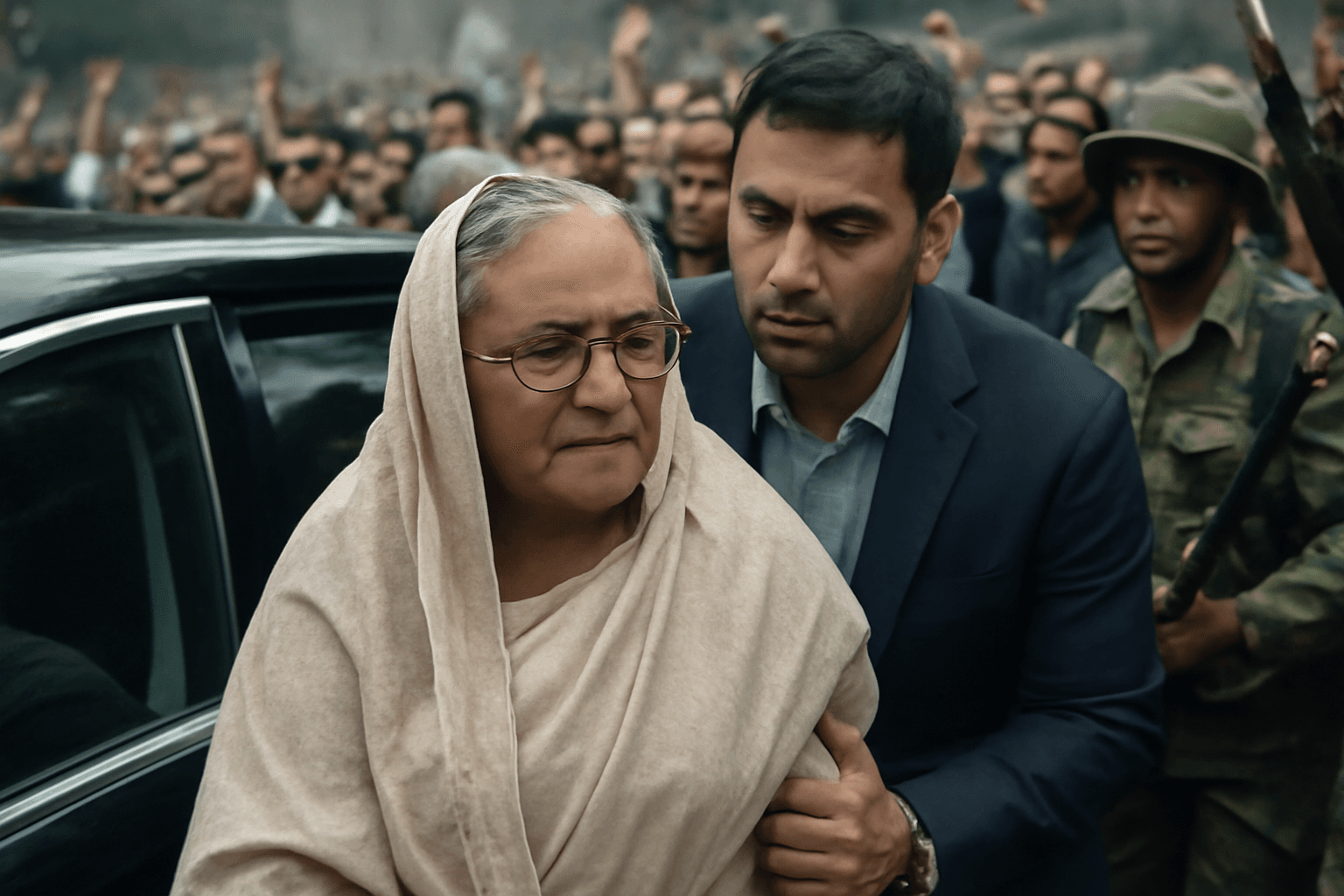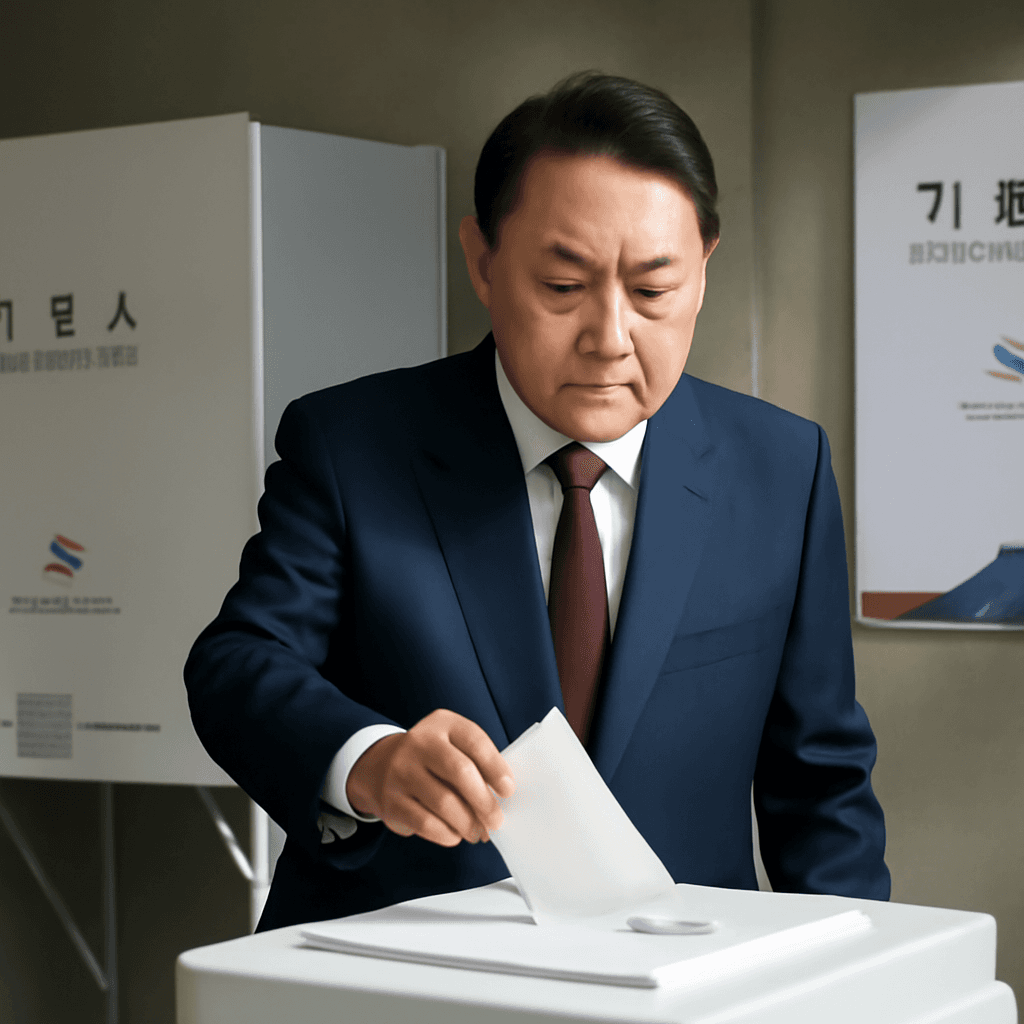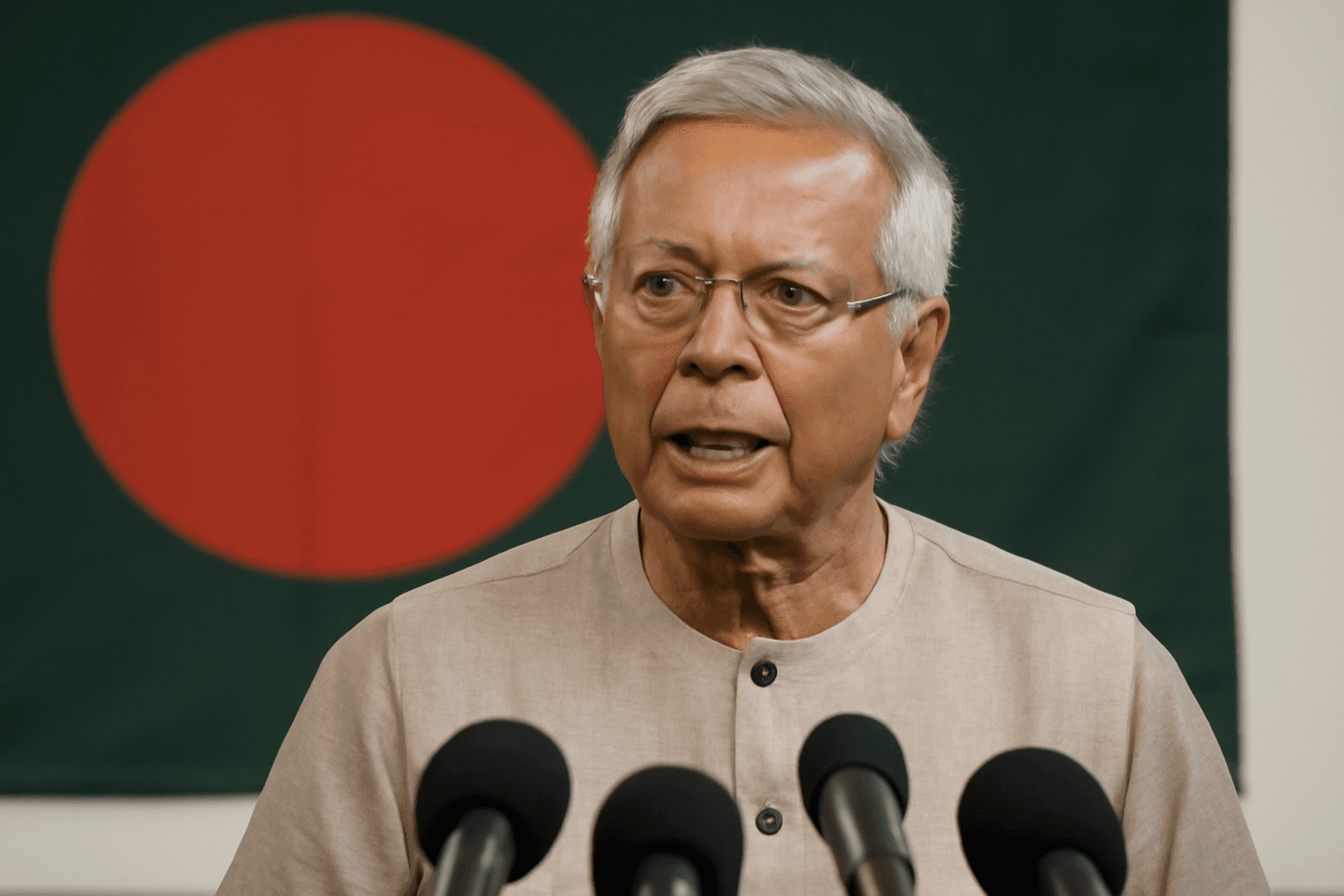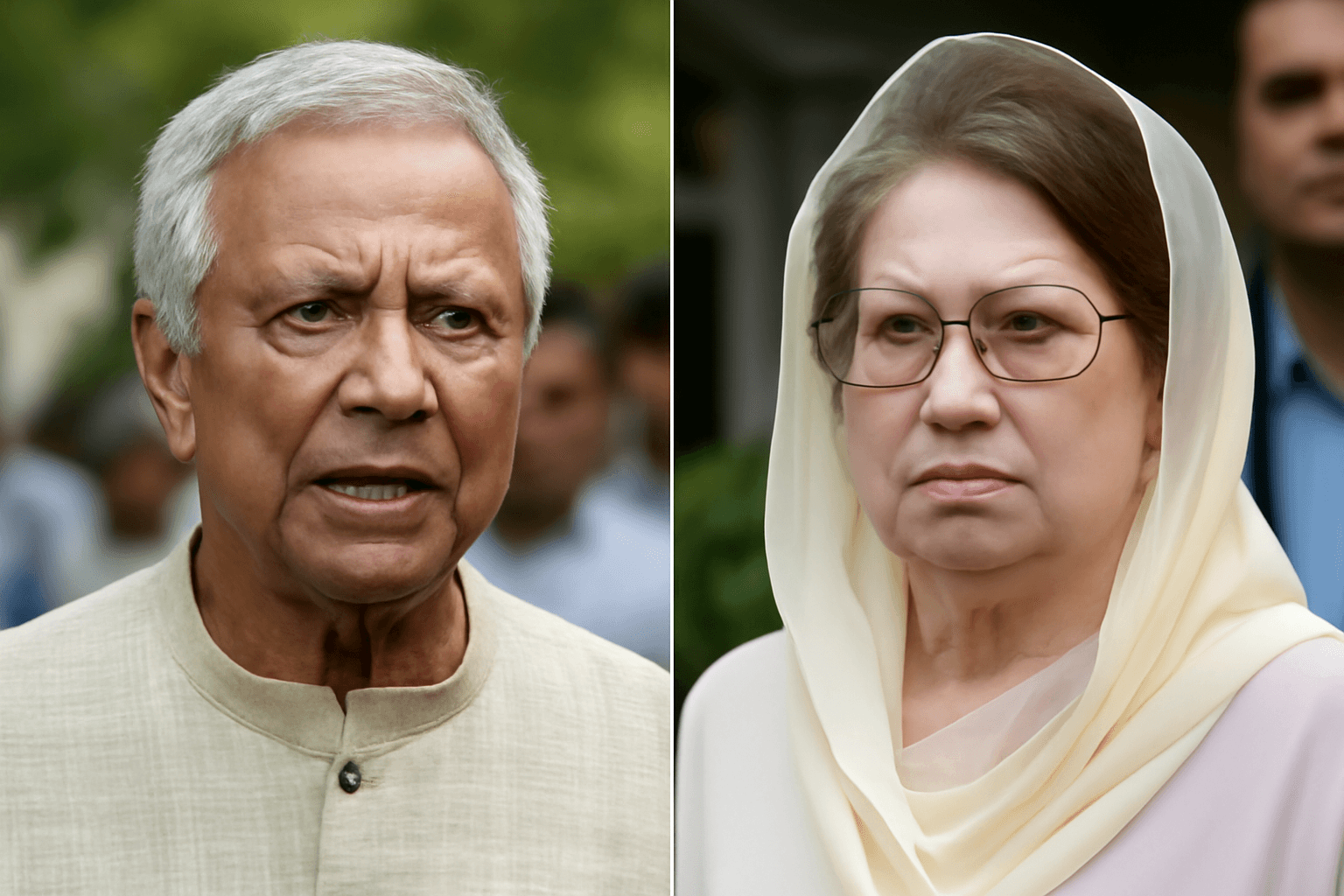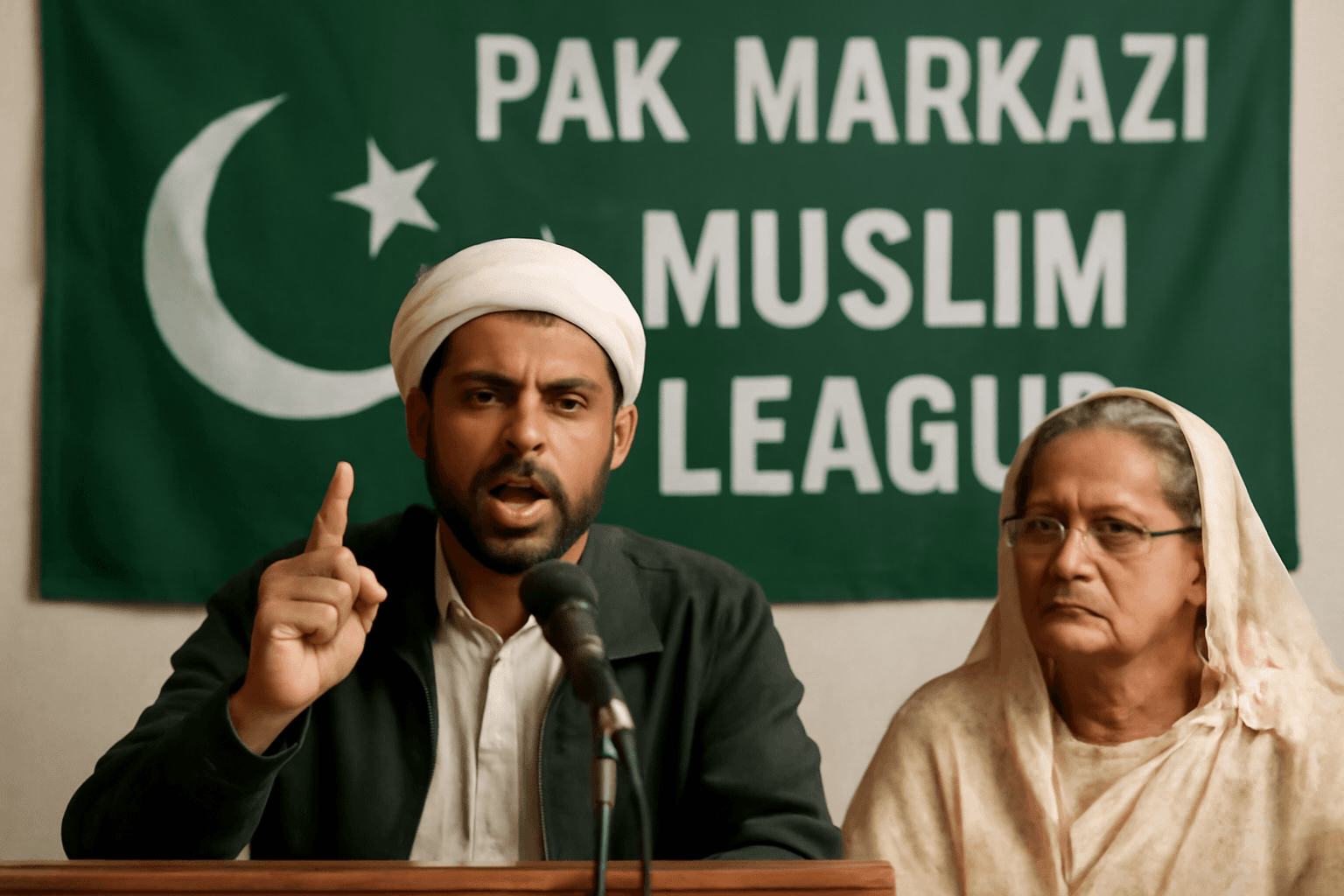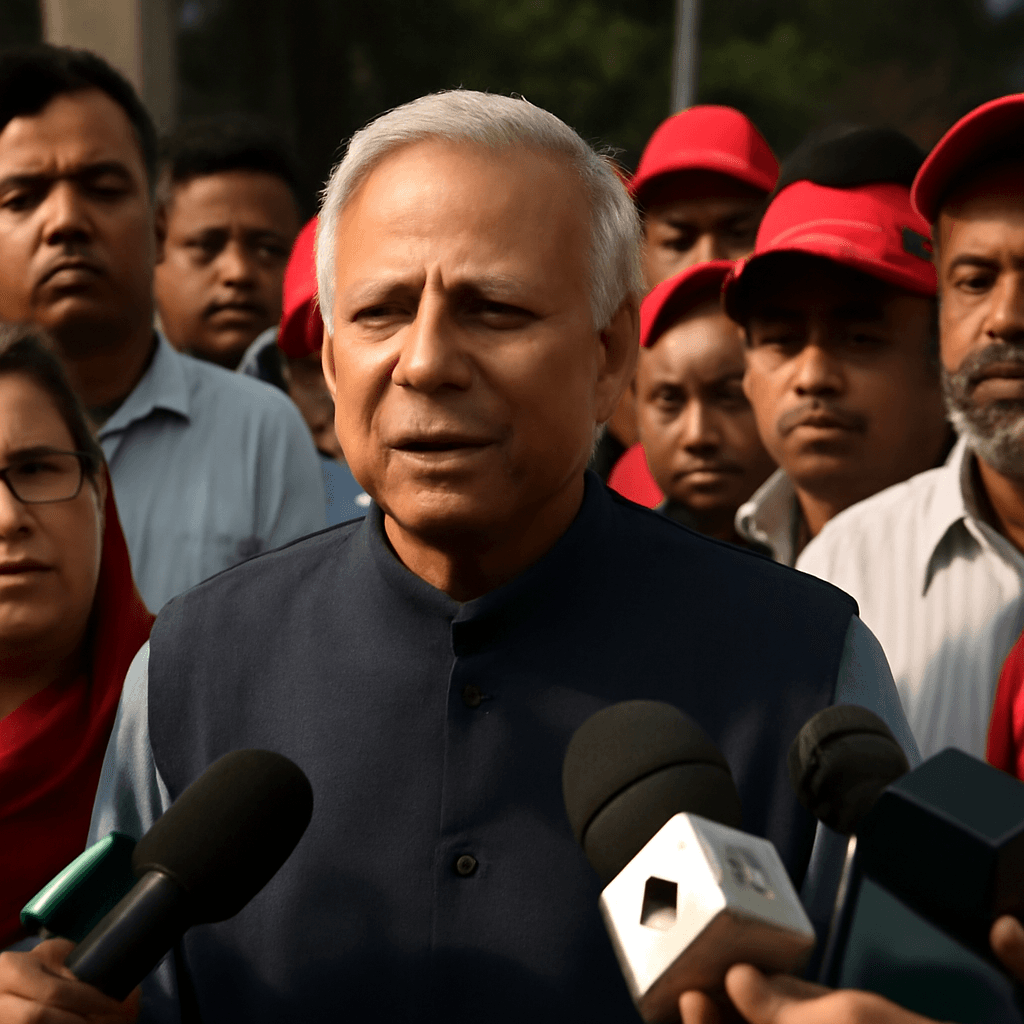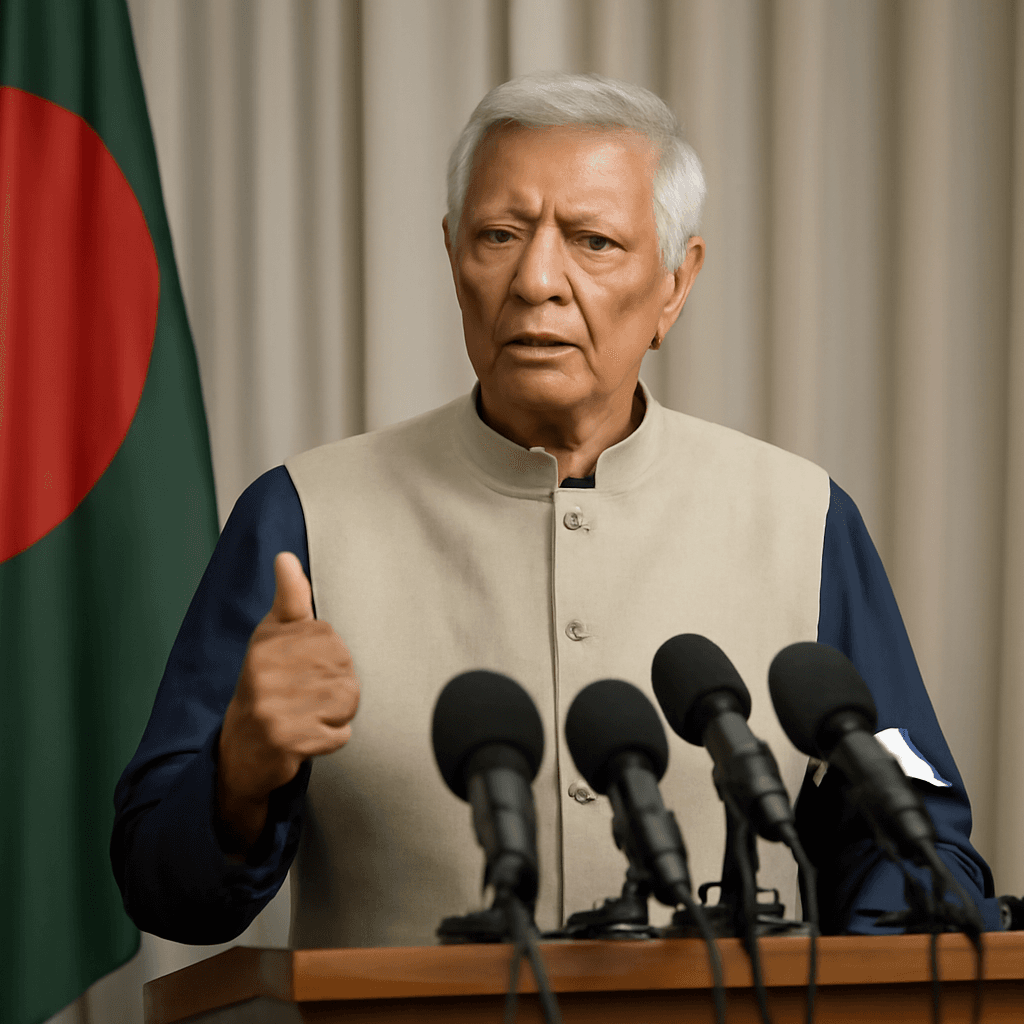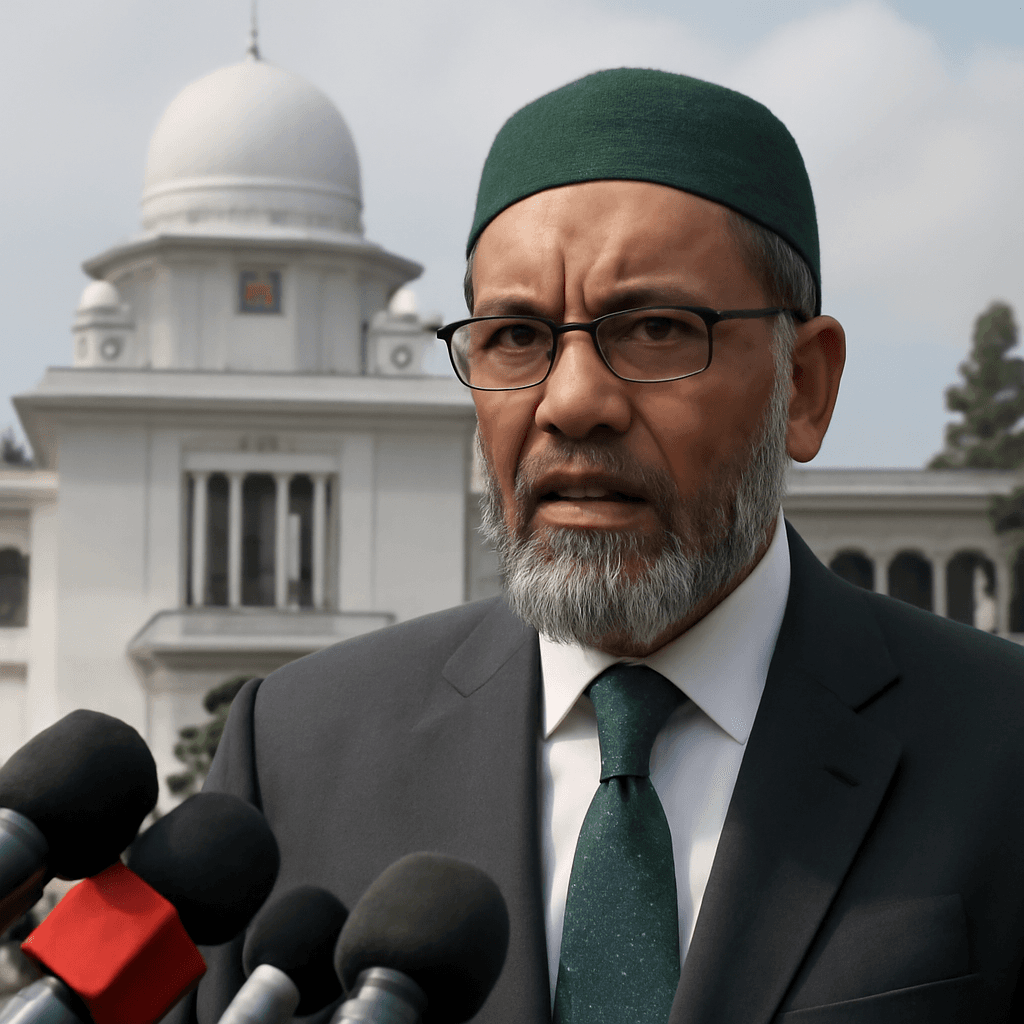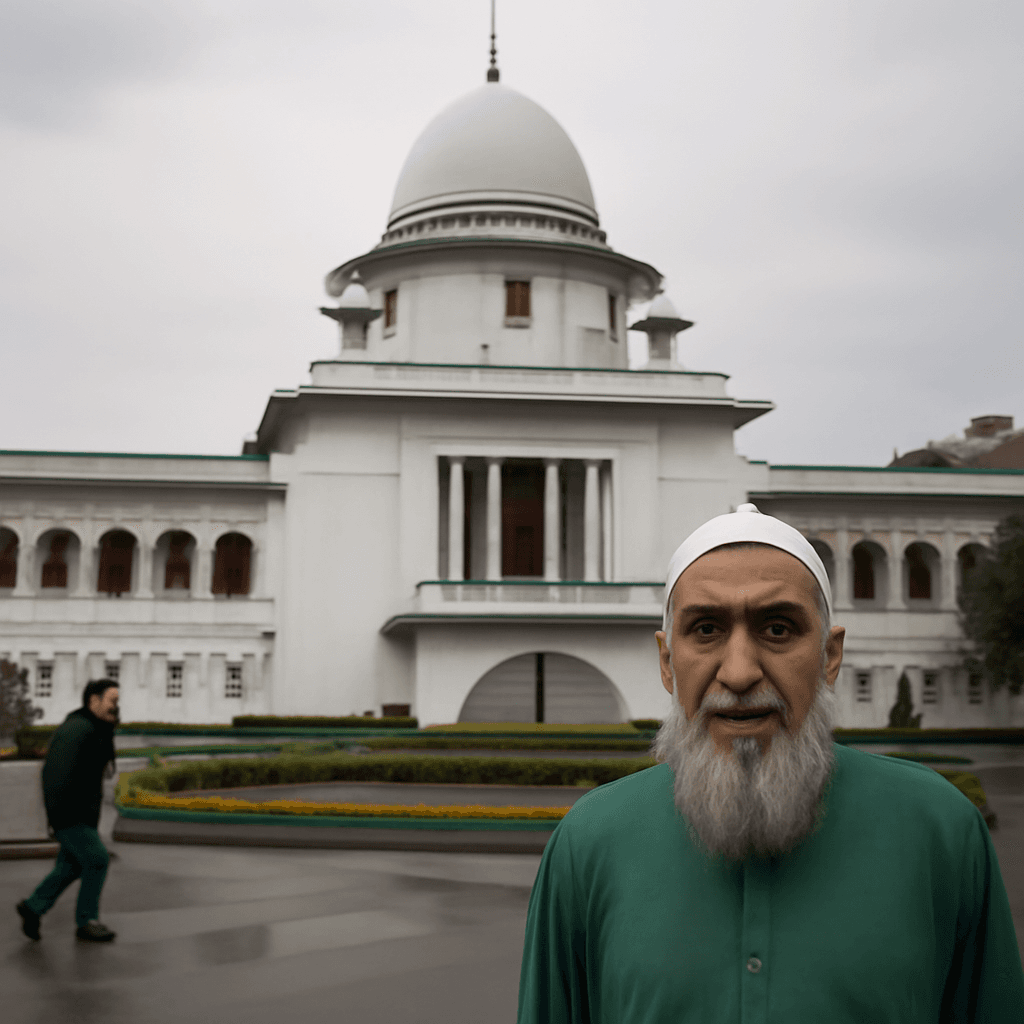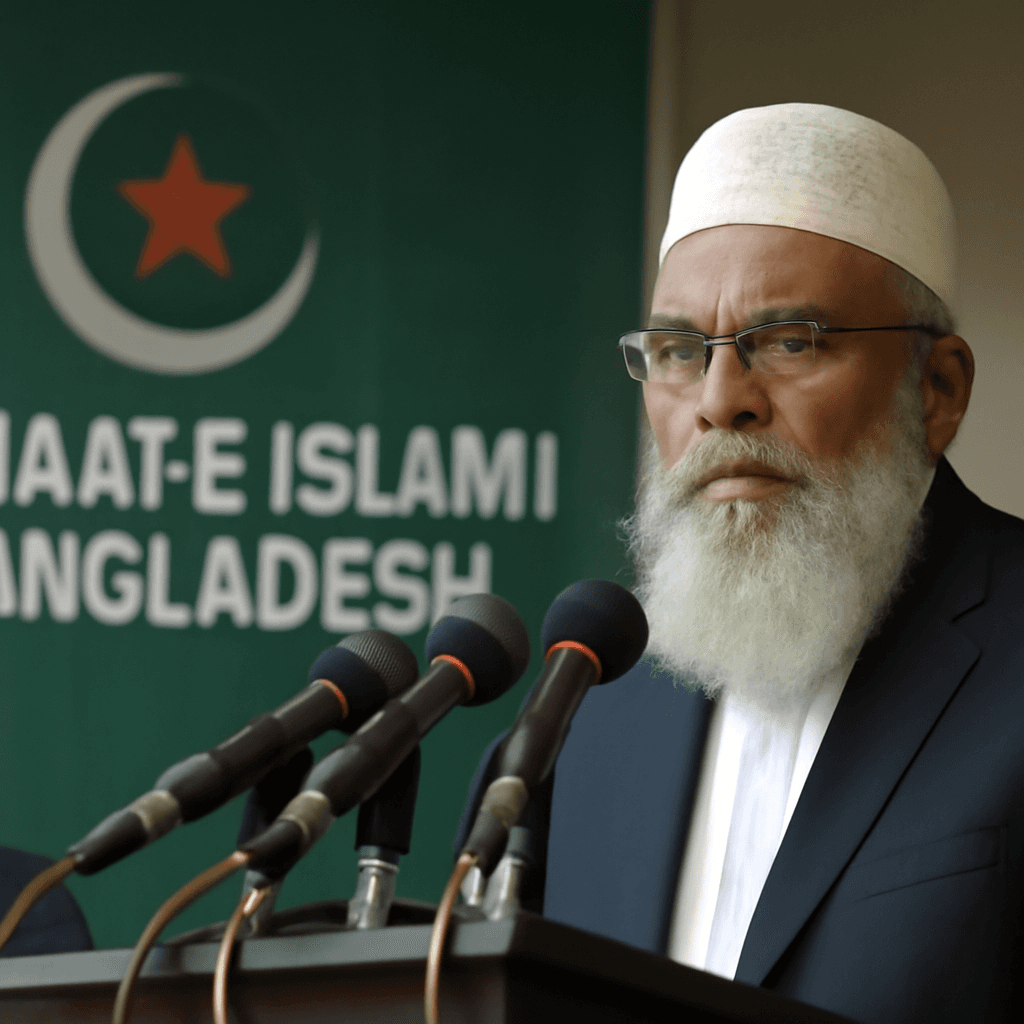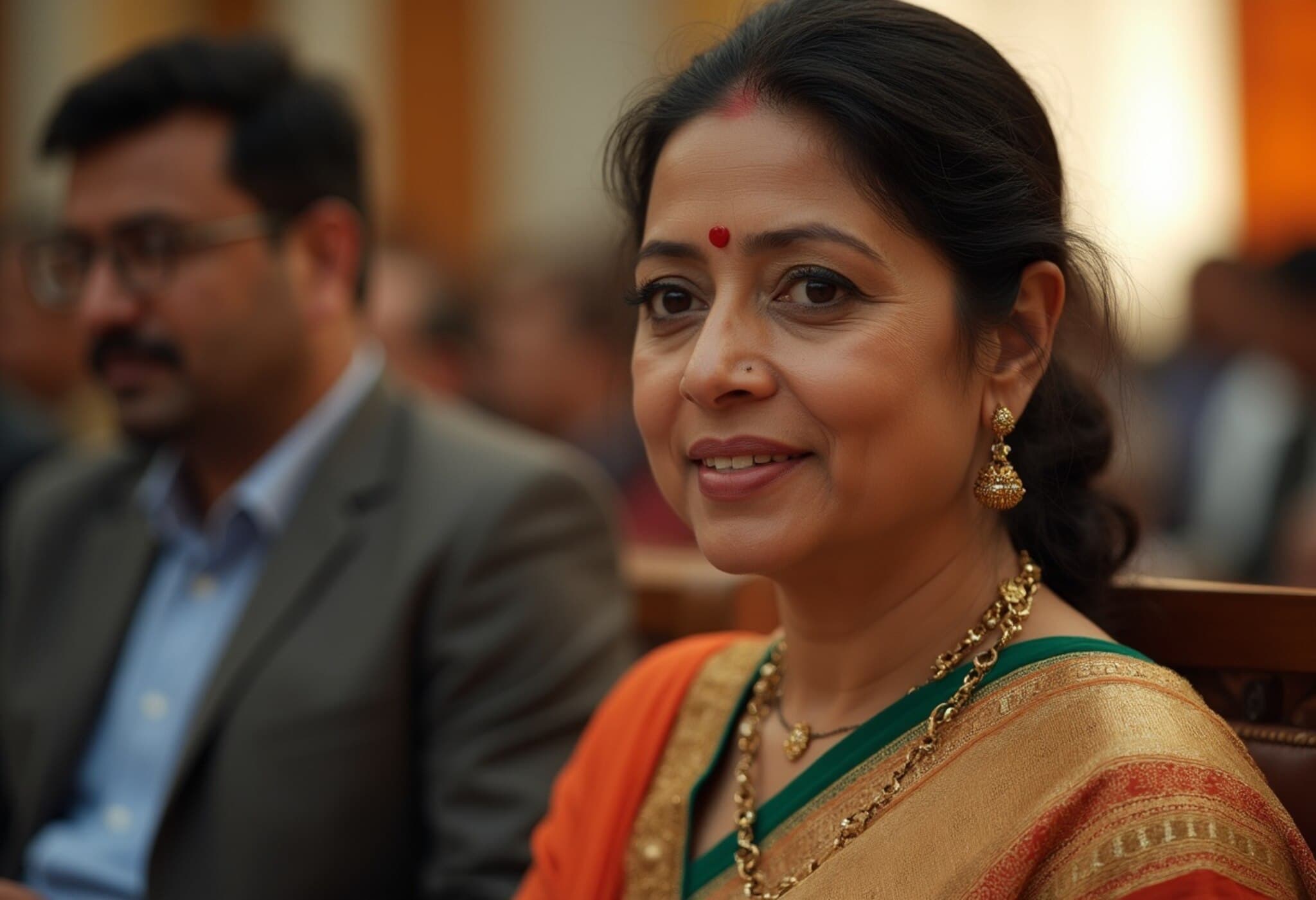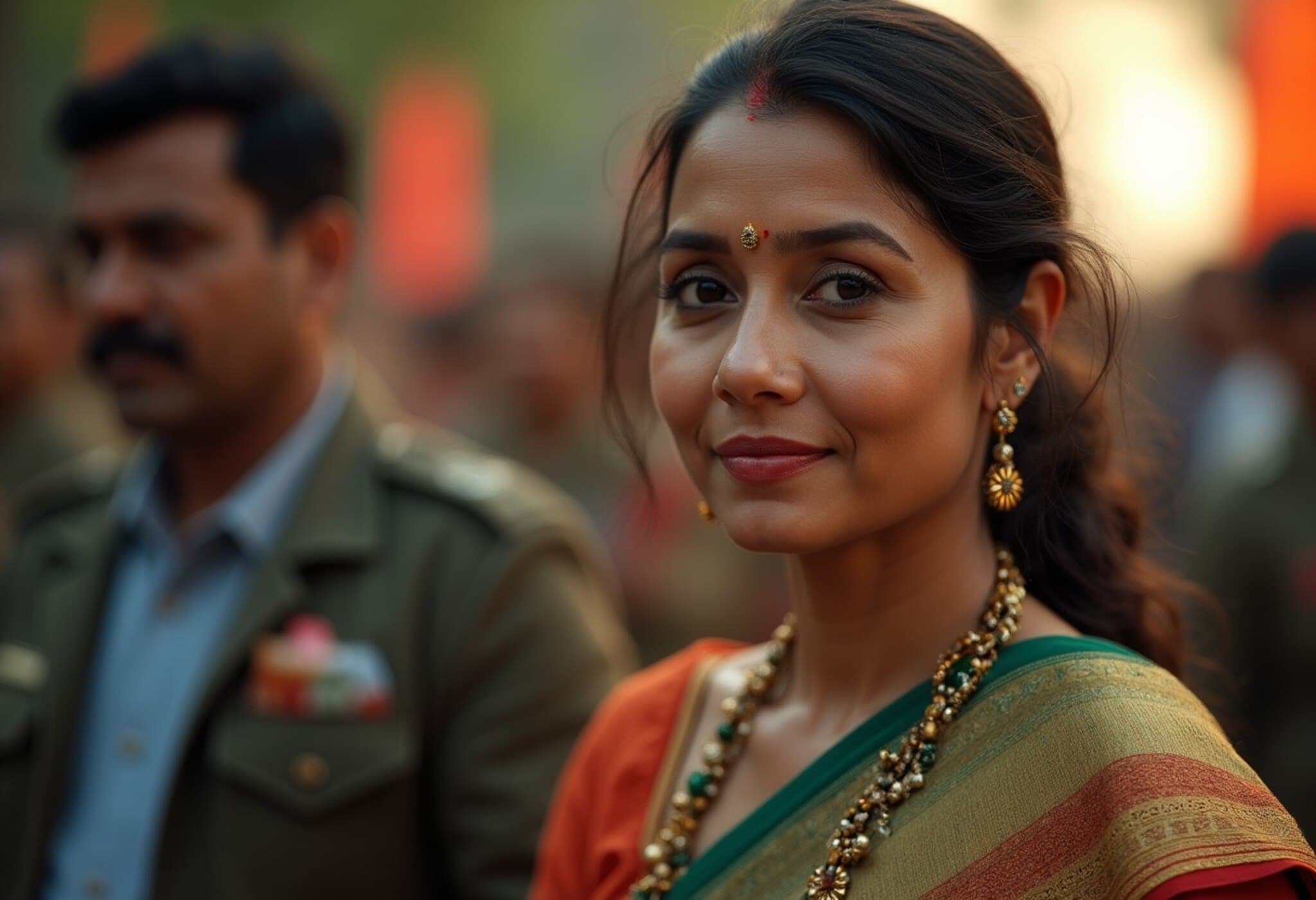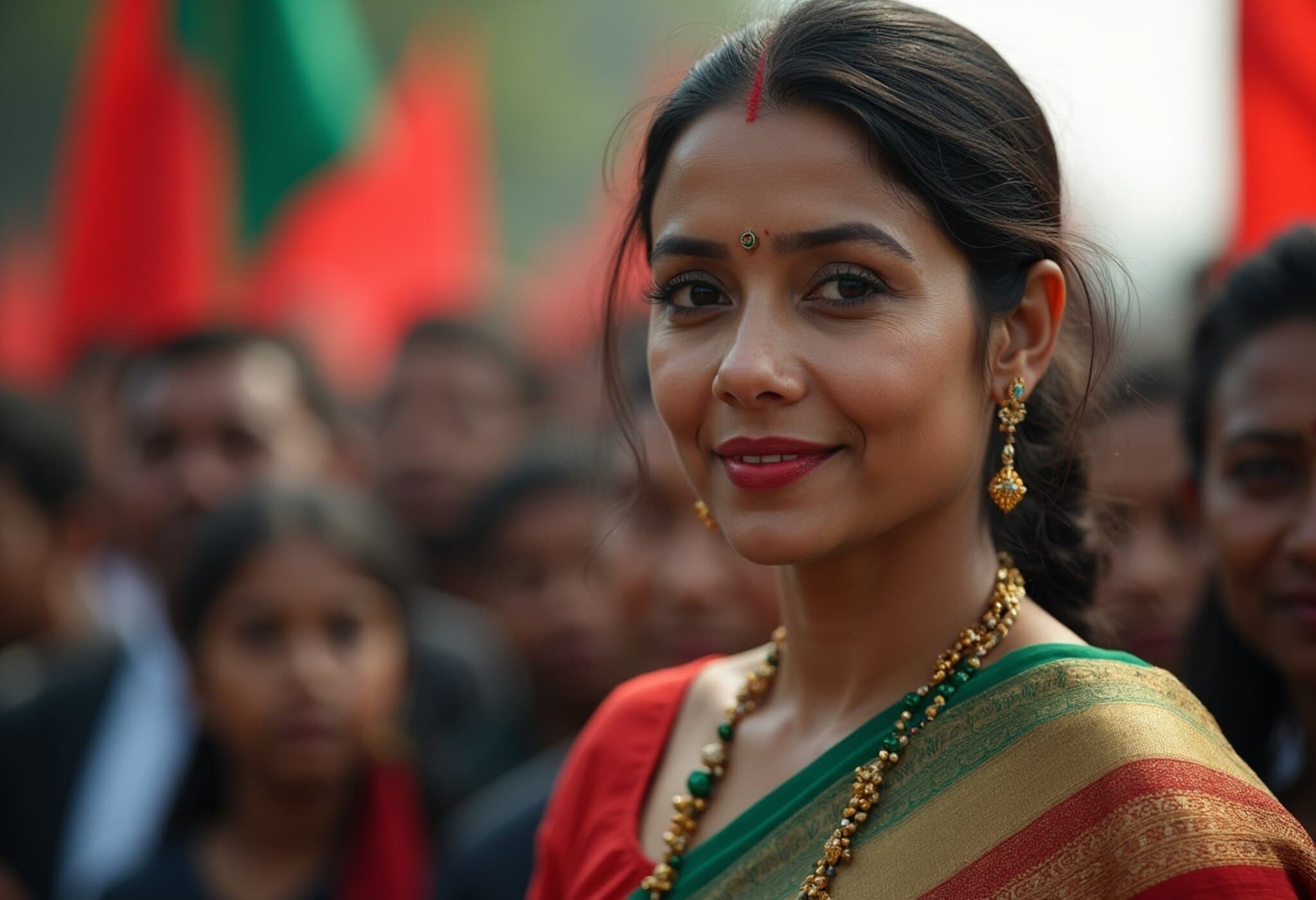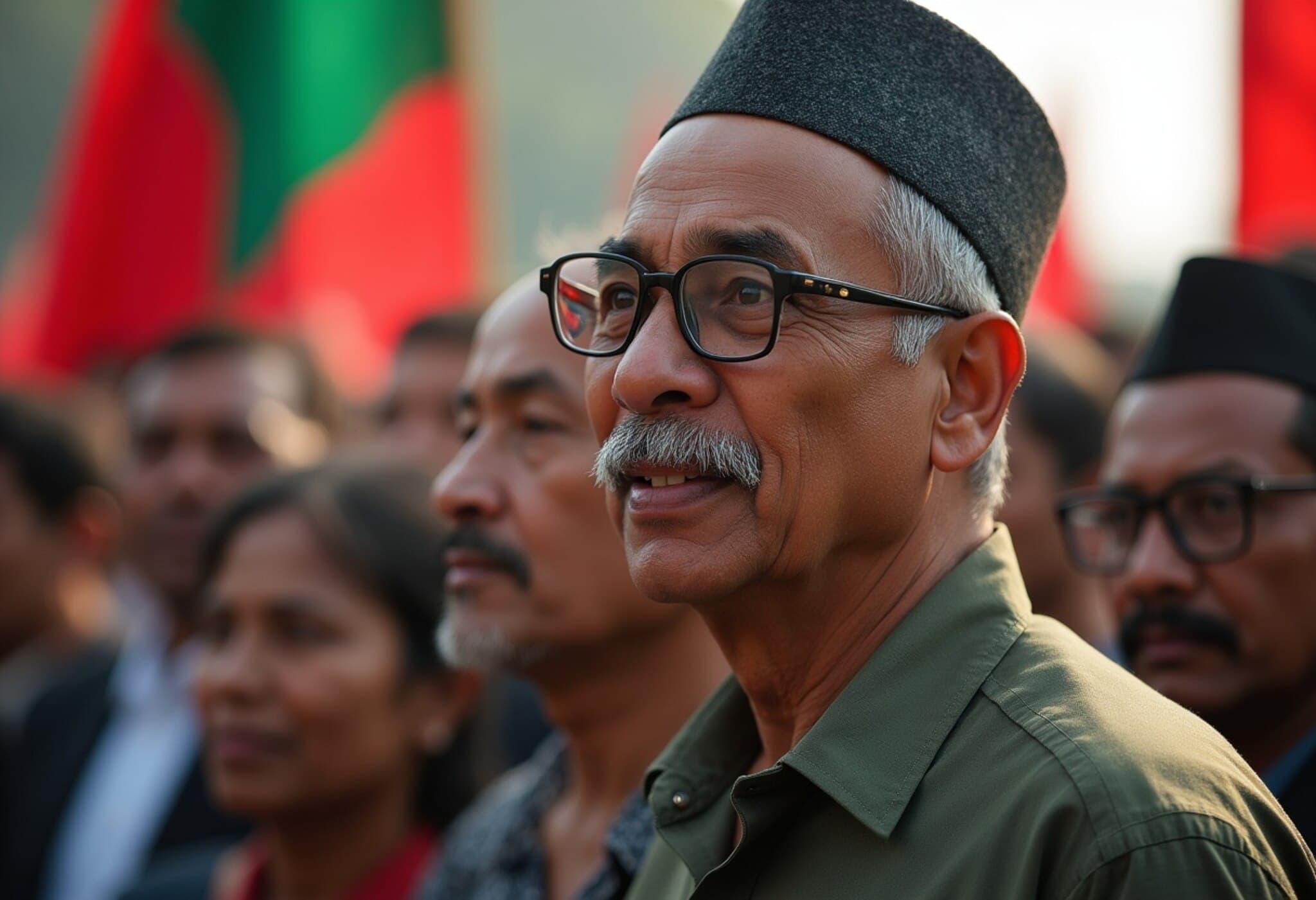The Controversial Return of Jamaat-e-Islami in Bangladesh
In a significant political development, the interim government of Bangladesh, led by Nobel laureate Muhammad Yunus, has lifted the ban on Jamaat-e-Islami, the country’s largest Islamist party. This decision marks a reversal of the hardline ban imposed by former Prime Minister Sheikh Hasina, reopening Jamaat’s path to participate in electoral politics after years of exclusion.
Historical Background of the Ban
Jamaat-e-Islami holds a contentious place in Bangladesh’s history due to its stance during the 1971 Liberation War. The party opposed Bangladesh’s independence and collaborated with the Pakistani military, supporting paramilitary groups responsible for atrocities such as mass killings and systematic violence against civilians. The estimated death toll from these events is as high as 300,000.
Despite this legacy, Jamaat regained political influence and was allied with the Bangladesh Nationalist Party (BNP) by 2001, securing ministerial and parliamentary positions within the coalition government.
Sheikh Hasina’s Judicial and Political Measures
Upon returning to power in 2009, Sheikh Hasina’s government established the International Crimes Tribunal, which convicted and executed several Jamaat leaders for war crimes. In 2013, the Supreme Court declared Jamaat-e-Islami ineligible for electoral participation due to its constitution’s conflict with Bangladesh’s secular principles.
Prior to her resignation in August 2025, Hasina’s administration took a firm step by officially banning the party, describing it as a terrorist and militant organization. This ban symbolized a political commitment to secularism and reinforced the Awami League’s nationalist-driven agenda.
Legal Reinstatement and Political Realignments
Following Sheikh Hasina’s exit from office, the Supreme Court, led by Chief Justice Syed Refaat Ahmed, ordered the Election Commission to restore Jamaat-e-Islami's registration, paving the way for its electoral return. While the Election Commission will decide on the use of Jamaat’s traditional 'scale' symbol, the legal reinstatement signals a cautious reintegration of the party into Bangladesh’s political framework.
Simultaneously, talks held in London among BNP’s leadership and Jamaat’s top figures suggest rekindled alliances which could reshape the political landscape ahead of upcoming elections.
Strategic Benefits for Interim Prime Minister Yunus
For Interim Prime Minister Muhammad Yunus, reinstating Jamaat-e-Islami is a strategic move to foster political inclusivity and consolidate fragmented right-wing and Islamist constituencies. This realignment seeks to challenge the Awami League's longstanding secular-nationalist dominance and may enhance Yunus’s influence during the transitional period.
By embracing Jamaat, Yunus aims to present himself as a proponent of pluralism, potentially broadening the government’s political support amid a weakened ruling party.
Risks and Criticisms Surrounding Jamaat’s Return
The reentry of Jamaat-e-Islami into Bangladesh’s political scene raises concerns about undermining secular values and reopening historical wounds tied to the Liberation War. Critics warn that legitimizing a party associated with wartime atrocities could threaten democratic progress and fuel sectarian tensions.
While the immediate political advantages for interim leadership and allied parties are apparent, the long-term implications for national unity and identity are deeply uncertain.
Looking Ahead: Implications for Bangladesh’s Democracy
As Bangladesh approaches a new electoral cycle, Jamaat-e-Islami’s return underscores a pivotal moment for the country's democracy. The political class faces a delicate challenge in balancing historical accountability, national cohesion, and pluralistic participation.
The trajectory following this reinstatement will be crucial in determining whether Bangladesh advances toward inclusive democracy or faces increased polarization and regression.

